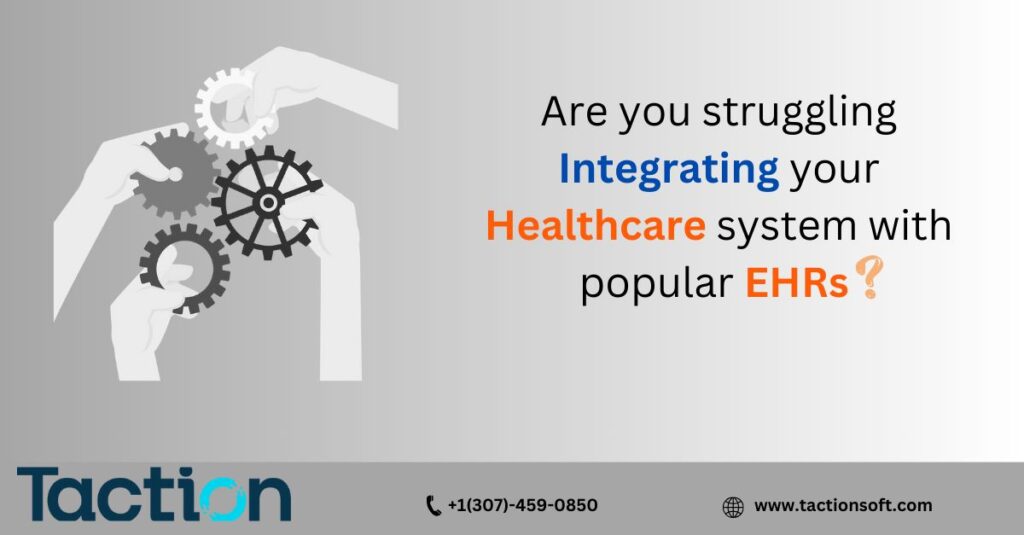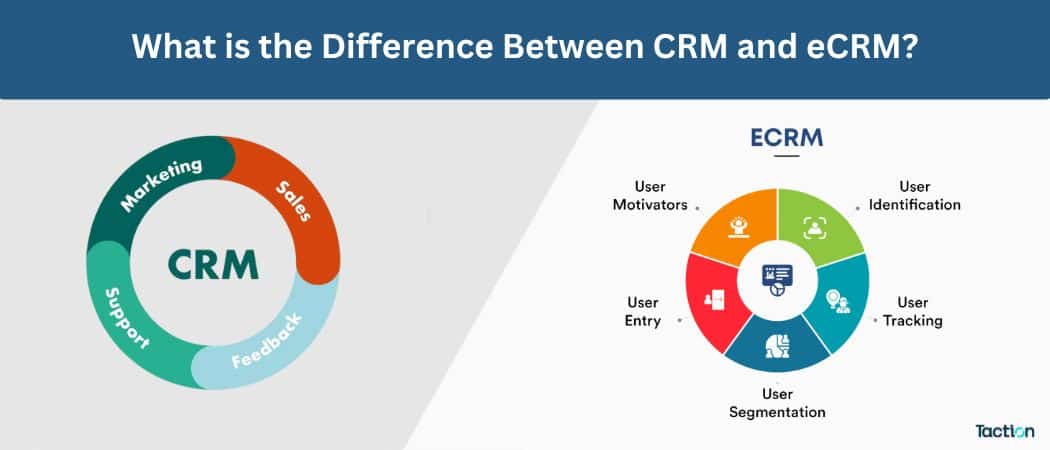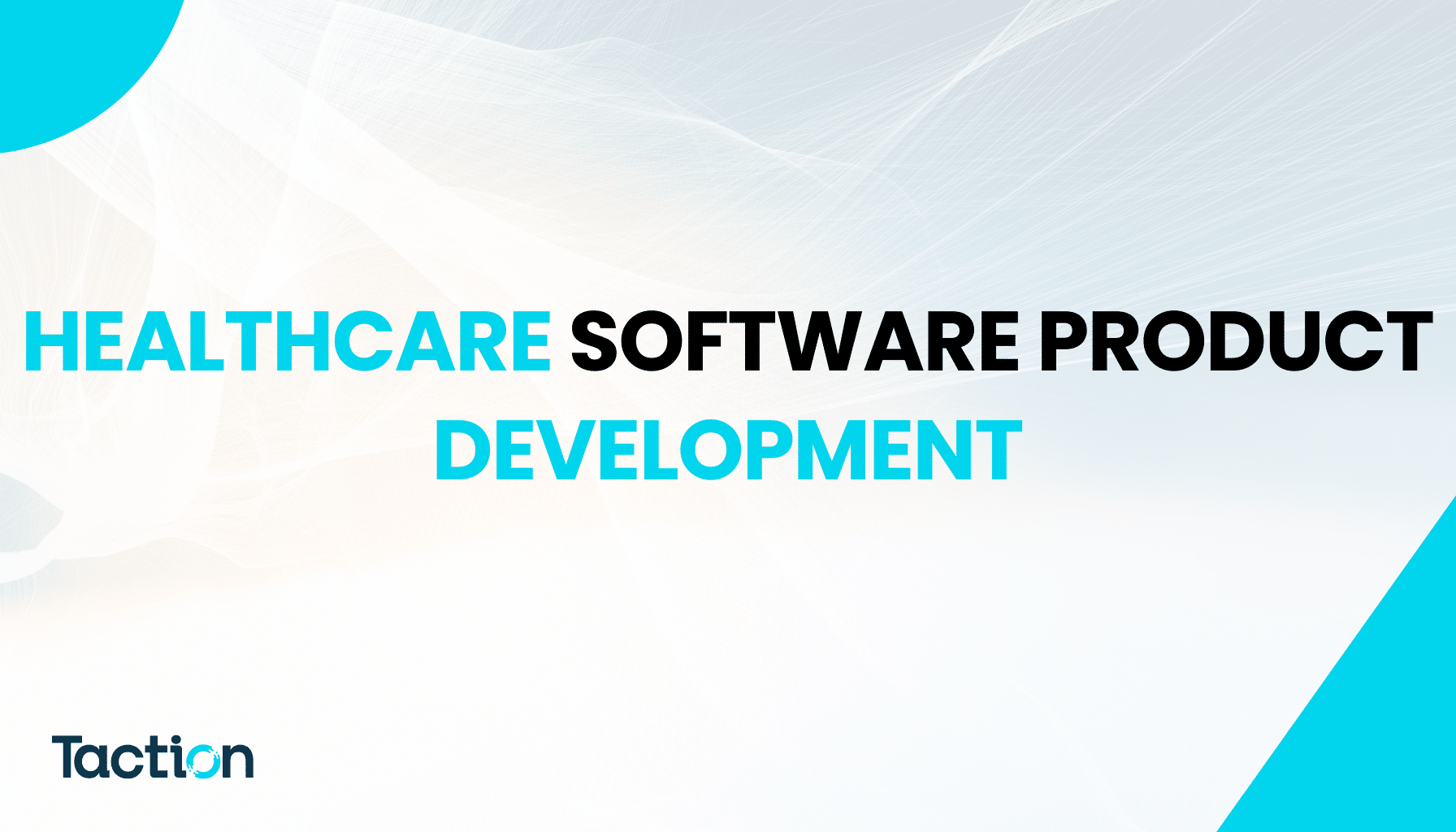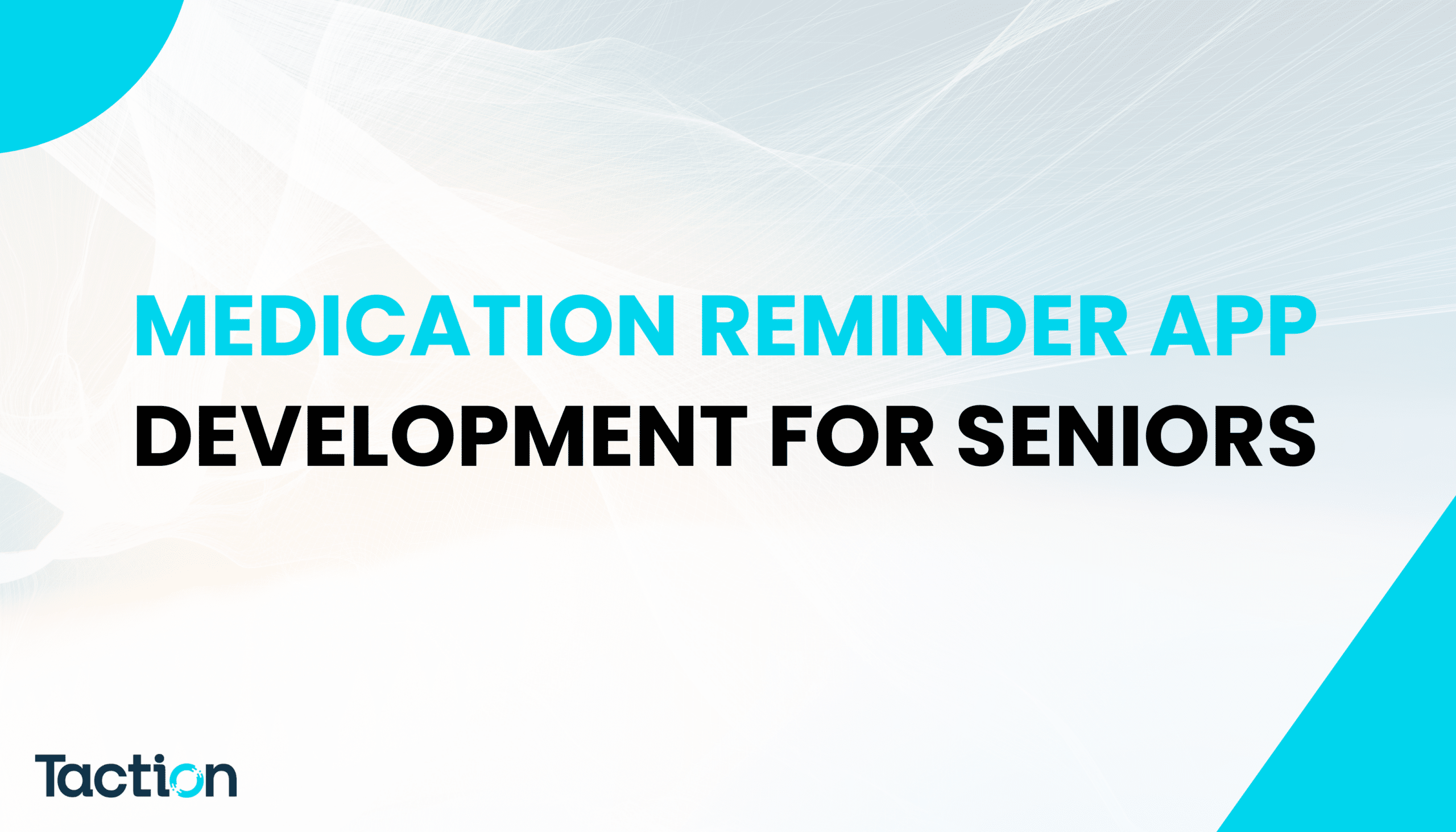Struggling to Integrate Your Healthcare System with Popular EHRs?
In today’s fast-moving healthcare landscape, smooth and secure data exchange isn’t just important—it’s essential. Electronic Health Records (EHRs) have revolutionized the way providers manage patient information, making care more connected and efficient.
However, getting EHR systems to play nicely with your existing infrastructure—while staying fully compliant with regulations like HIPAA—can quickly become a complicated and costly endeavor.
If you’re struggling with integration hurdles, rising costs, or workflow slowdowns, you’re not alone—and you don’t have to navigate it alone. We deliver industry-leading EHR integration solutions designed to simplify the process, cut through complexity, and keep your operations running smoothly.
With over a decade of experience in healthcare integrations using Mirth Connect and more than 1000 integration points for 80+ Medical Billing and other healthcare companies, we are your go-to partner for achieving HIPAA-compliant HL7/FHIR integrations.
Navigating Regulatory Compliance with Ease
The healthcare industry is regulated, with the Health Insurance Portability and Accountability Act (HIPAA) being a critical framework.
Achieving HIPAA compliance while integrating EHRs can be daunting, but our team is well-versed in healthcare regulations.
We ensure that your EHR integration is not only efficient but also compliant with all relevant standards, providing peace of mind in a complex regulatory landscape.
Seamless Data Exchange through HL7 and FHIR Standards
Is inconsistent adoption of HL7 and Fast Healthcare Interoperability Resources (FHIR) standards causing data exchange difficulties?
Inconsistent standards can lead to data exchange challenges, hindering the effective use of EHRs.
Our team’s expertise in HL7 and FHIR standards ensures that your EHR integrations operate , promoting efficient communication between systems.
Minimizing Workflow Disruptions and Resistance
Absolutely—EHR integrations can disrupt existing workflows and often lead to resistance from healthcare staff who are already juggling demanding responsibilities.
That’s why our approach focuses on minimizing friction. We take the time to understand how your team works and design our integration process around your current workflows. The result? A smooth transition that feels natural, not forced—so your staff can stay focused on patient care while we handle the tech.
Benefits of EHR Integration

1. Improved Patient Care:
EHR integration facilitates comprehensive access to patient records, enabling healthcare providers to make well-informed decisions and deliver personalized care.
2. Enhanced Efficiency:
Streamlining administrative tasks and automating processes through EHR integration increases the overall efficiency of healthcare delivery, reducing the time spent on paperwork and repetitive tasks.
3. Accurate and Complete Information:
Integrated EHR systems ensure that all patient data is accurately recorded and easily accessible, minimizing the risk of errors and improving the quality of care.
4. Better Coordination of Care:
EHR integration allows for seamless communication and data sharing among different healthcare providers, promoting better coordination and continuity of care for patients with complex medical needs.
5. Cost Savings:
By reducing paperwork, eliminating redundant tests, and minimizing errors, EHR integration can help lower operational costs and improve resource utilization within the healthcare system.
6. Patient Engagement:
Integrated EHR systems often include patient portals, empowering patients to access their health records, communicate with healthcare providers, and actively participate in their own care management.
7. Data Security and Privacy:
EHR integration ensures that patient data is securely stored and can be accessed only by authorized personnel, thereby maintaining patient privacy and adhering to regulatory compliance standards.
8. Real-Time Information:
Integrating EHR with healthcare systems enables instant access to real-time patient information, allowing healthcare providers to make timely decisions and provide immediate care as needed.
9Advanced Analytics and Reporting:
Integrated EHR systems provide valuable insights through data analytics, enabling healthcare providers to identify trends, track patient outcomes, and make data-driven decisions for improved patient care.
10. Interoperability with Other Systems:
EHR integration enhances interoperability with other healthcare systems and medical devices, fostering seamless data exchange and communication among different healthcare providers and institutions.
Contact us to learn more about how we can help you achieve a seamless, cost-effective, and compliant EHR integration that will benefit your healthcare organization and, most , your patients.
Our commitment to making healthcare systems work together ensures that you can focus on what matters most: delivering high-quality care to those in need.
Say hello to get some cast studies
info@tactionsoft.com




